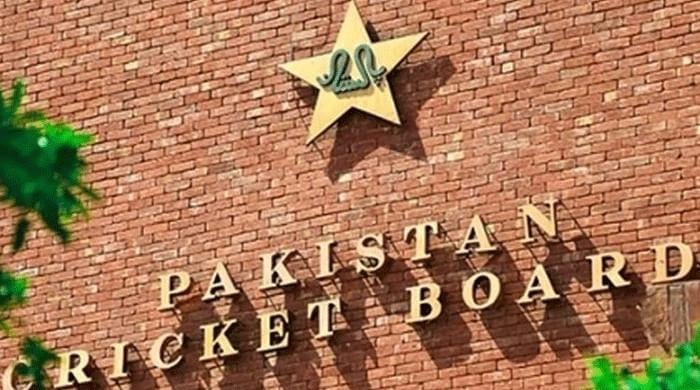PCB Mulls Overhauling Domestic Cricket Structure for Enhanced Quality
The Pakistan Cricket Board (PCB) is contemplating substantial revisions to the nation’s domestic framework, with the aim of elevating the standard of cricket played.
Reportedly, the upper echelons of the cricket authority have voiced discontent regarding the level of cricket produced under the existing system. Consequently, reducing the number of domestic teams from 18 to a mere nine is under consideration.
This noteworthy initiative seeks to emphasize quality over quantity, thereby improving player preparation for international competition.
Despite a record number of matches across various levels, overall performance and the available talent have failed to live up to expectations.
Concerns are also mounting within the PCB regarding the leadership within domestic cricket operations.
Reports indicate that the Director of Domestic Cricket, Abdullah Khurram Niazi, along with Senior GM Junaid Zia, have seemingly not impressed decision-makers.
While both individuals currently hold their respective positions, their absence from a recently established reform committee hints at a possible change in leadership.
The committee, responsible for suggesting modifications, includes several individuals from outside the cricketing sphere, such as Bilal Afzal (Advisor to the Chairman), Sameer Syed (COO), and Khawaja Nadeem (President, RCA Lahore).
Former interim head coach Aaqib Javed and former chief selector Wahab Riaz provide cricketing perspectives.
Aaqib is reportedly playing a key role in formulating the recommendations, while Wahab is believed to be consulting with former cricketer Salman Butt.
The committee has been tasked with presenting its suggestions to PCB Chairman Mohsin Naqvi within five working days.
A prominent suggestion gaining momentum involves halving the number of domestic teams to foster greater competitiveness and improve player development.
Notably, this is not the PCB’s first endeavor to revamp the domestic structure.
The previous year witnessed the introduction of significant alterations, including the launch of the Champions Cup and inter-collegiate tournaments.
Nevertheless, these initiatives came at the expense of established competitions like the National One-Day Cup and national junior tournaments.
The junior event was controversially suspended abruptly after only one day of play and has remained inactive since.



Comments (0)
No comments yet. Be the first to comment!
Leave a Comment